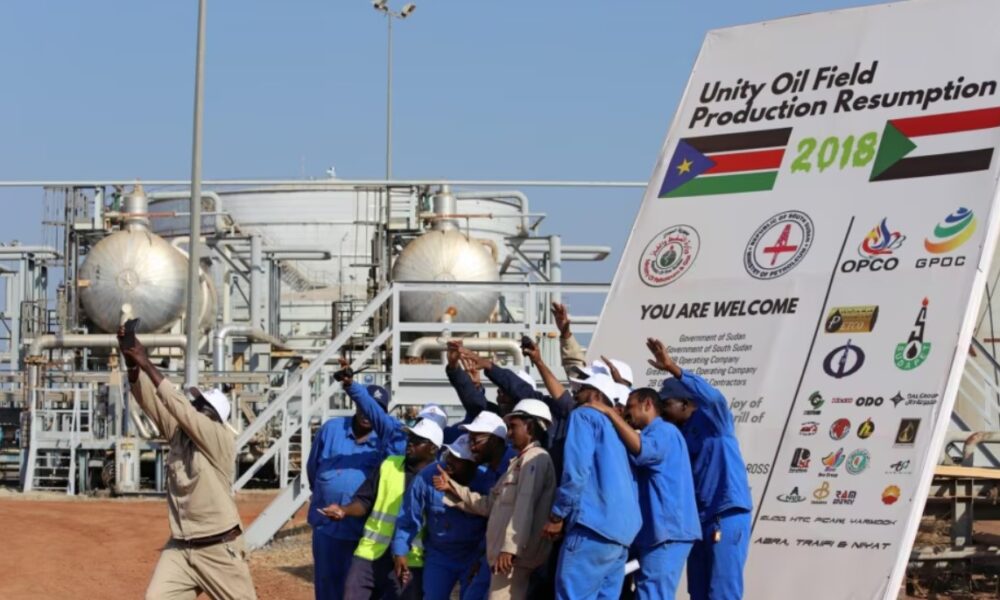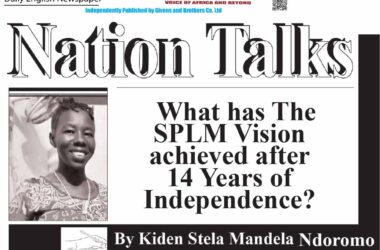By Kei Emmanuel Duku
Community leaders in Unity State are demanding transparency and accountability in the management of the 3% petroleum revenue share.
This firm call was made at the close of a one-day lobby and advocacy training on sustainable natural resources management, organized by the Civil Society Coalition on Natural Resources (CSCNR).
Oil companies operating in Unity State are legally obligated to allocate 3% of their petroleum revenue to the state government for community development projects as part of their social corporate responsibility. However, local communities claim this mandate has not been fulfilled.
Kom Mathew, a community leader from Mayom County, expressed deep concern over the lack of transparency, accountability, and equity in resource distribution across Unity State.
He highlighted that the 3% petroleum revenue, stipulated in the Petroleum Revenue Management Act of 2013 for developmental works such as roads, clean drinking water, schools, and health facilities, has never been properly implemented.
“The 3% Net Petroleum Revenue provided for by the Petroleum Revenue Management Act 2013 is a lot of money,” Mathew stated. “If this money were to flow to the Community Development Committee (CDC), distributed equitably as agreed, managed transparently and accountably, Unity State can be one of the most developed states in the country. We are not seeing tangible developments in the seven counties of Unity State.”
Mathew and other community leaders are now demanding reforms, alongside transparency, accountability, and fairness in the management of oil revenue, to ensure that all seven counties of Unity State benefit from these funds.
Gizam Moses, the Programme Officer for the Civil Society Coalition on Natural Resources (CSCNR), stated that the workshop aimed to equip grassroots leaders from oil-producing areas with the knowledge and skills for proactive lobbying and advocacy.
The goal is to strengthen engagements between the government, corporate entities, and the communities.
Moses emphasized that it is the right of citizens living in oil-producing and other mineral-rich areas across the country to benefit from the natural resources within their localities.
“They have inherent rights to a toxin-free environment, corporate social responsibility, and community-driven development funded by their legal entitlement in the Petroleum Revenue Management Act 2013,” Moses affirmed.
He added that CSCNR would continue to engage with State authorities on the formation and functionality of the CDCs in all counties. This engagement aims to ensure that CDC funds are properly channelled into the state for service delivery and development for the people.
“These cannot be realized if oil production and revenue distribution retract from legal provisions,” Moses concluded, stressing the importance of adherence to the law.




